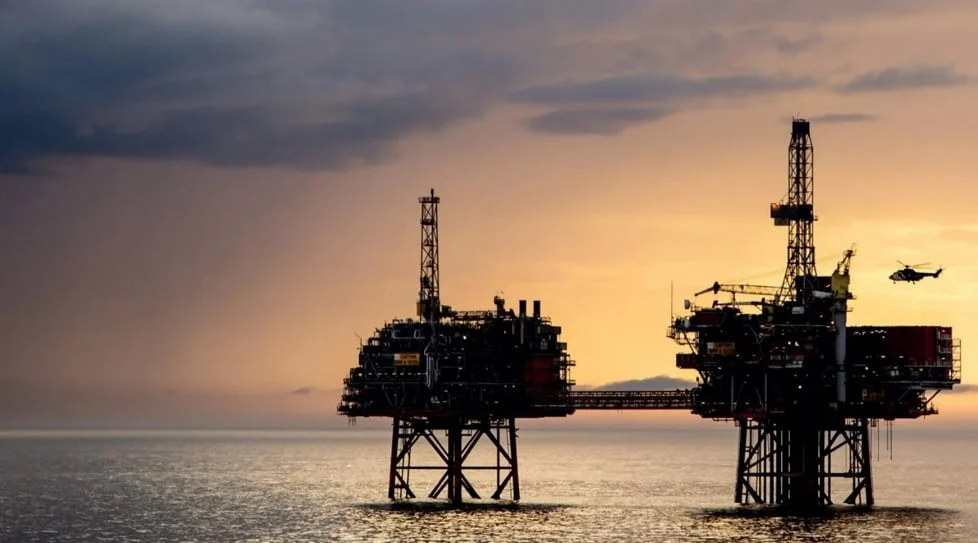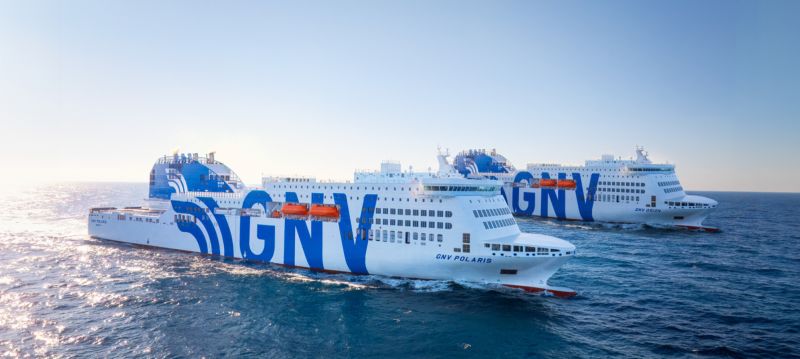Now Reading: Exclusive interview: Balancing act between energy security and decarbonization unlocking oil & gas resilience
-
01
Exclusive interview: Balancing act between energy security and decarbonization unlocking oil & gas resilience
Exclusive interview: Balancing act between energy security and decarbonization unlocking oil & gas resilience

Exclusive Interview: Finding Balance Between Energy Security and Decarbonization to Strengthen Oil & Gas Resilience
As the world moves away from traditional oil and gas to incorporate more low-carbon and green energy sources, Sulzer, a sustainable flow control innovation company based in Switzerland, highlights the importance for operators to adopt decarbonization tools. These tools ensure cleaner production, more efficient operations, increased productivity, and enhanced sustainability. This approach addresses climate change challenges and energy security concerns.
While oil and gas companies work on improving their environmental impact, they face criticism and support from different sides. Fossil fuels are seen negatively by some, while others view them as vital for energy security. Concerns are raised about renewable energy’s intermittent nature and its inability to fully replace oil and gas.
Murray Wilson, Regional Director (Nordics) at Sulzer, discussed the growing significance of Europe’s energy security and its reliance on the Norwegian oil and gas sector in an interview with Offshore Energy. Wilson emphasized the importance of decarbonization tools, such as carbon capture and storage (CCS), in transitioning towards a more resilient hydrocarbon sector.
Sulzer, known for fluid engineering solutions in various industries including water, oil, gas, and power, also highlighted the critical role of maintenance in minimizing downtime and ensuring uninterrupted offshore operations.
The global offshore energy industry faces challenges in balancing energy security, sustainability, and affordability amid geopolitical tensions. Experts stress the importance of maintaining a diverse energy mix to ensure security of supply while transitioning to cleaner energy sources.
Wilson emphasized the need for a sustainable energy mix that includes oil and gas, especially for countries like the UK, until non-fossil fuel sources can provide sufficient energy security and flexibility.
Europe is moving towards net-zero emissions, phasing down oil and gas production while ensuring the reliability of existing fields, particularly in the North Sea. Wilson believes that oil and gas will continue to play a role in the European energy mix until non-fossil fuel sources can reliably meet energy demand.
Operators can enhance reliability, reduce emissions, and improve energy efficiency through predictive maintenance, digital tools, and equipment upgrades. Wilson stressed the importance of proactive maintenance to ensure operational efficiency and reduce unexpected breakdowns.
Looking ahead, advancements in additive manufacturing and energy-efficient designs are expected to play a crucial role in reducing emissions and improving operational efficiency in the oil and gas industry.
Overall, a collaborative approach between operators and maintenance partners, investment in new technologies, and a focus on reducing emissions will be essential in prolonging the life of the fossil fuel industry while transitioning towards cleaner energy sources.






